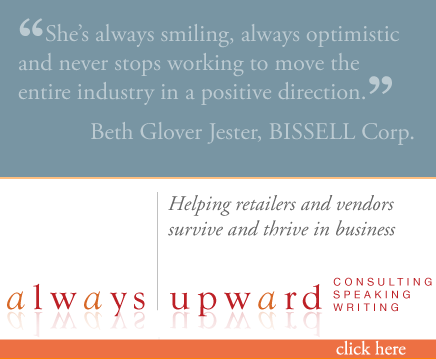 Here it comes…the second wave of rules instituted as part of the Credit Card Act of 2009. Beginning in February, card issuers will be held to a plethora of new standards…which means a plethora of new charges and changes are quickly hitting consumers now, in anticipation of lost revenue.
Here it comes…the second wave of rules instituted as part of the Credit Card Act of 2009. Beginning in February, card issuers will be held to a plethora of new standards…which means a plethora of new charges and changes are quickly hitting consumers now, in anticipation of lost revenue.
While I don’t pretend to be an expert when it comes to figuring out all the ins and outs of issuing banks, Jean Chatzky (Financial Editor, NBC) is. Here are a few of her tips to keep in mind as credit card statements begin landing in your mailbox:
• Check your credit card statement every single month to see if the interest rate has been increased. Even those of you who have religiously paid your balance in full and on time are at risk; some rock solid customers are suddenly seeing eye-popping interest rates in excess of 20%-25%.
• If you do see your rate shoot upward, beyond your comfort zone, don’t just automatically cancel the card in protest. That might hurt you more than the bank-—especially if it’s a card you’ve had for a long time and you’re planning on applying for significant credit in the next 12 months (think: home equity loan, new mortgage, car loan, etc.). Closing a long-held account can do significantly more damage to your credit score than slowly paying its balance down.
• As an alternative to cutting up the high rate card: (a) open a new account elsewhere; (b) either transfer the balance from the high rate card to the newer low rate card -or- begin paying down the high rate balance down as fast as you can while (c) continuing to use that card sporadically to avoid non-activity fees-—another one of the new twists appearing on statements. Use the card monthly to buy one small item, simply to keep the card active. The last thing you want is for the bank to cancel your card because you haven’t been using it-—that definitely won’t help your credit score one bit.
Now…for those of you thinking a debit card is the solution, here are a couple of nuggets I’d like you to chew on:
• Debit card warning #1: Check with your bank to confirm they offer the same levels of charge protection and dispute resolution as a credit card. While 98% of vendors are responsible about how they handle plastic, there are those who aren’t (not surprisingly, the tighter the economy gets, the looser that handling seems to be). If a vendor inaccurately charges your card, then drags their feet on rectifying the problem, credit cards give you the option of filing a dispute, returning the money to you or correcting the charge amount. Most debit cards don’t offer that protection, which puts you at risk every single time someone charges on it.
• Debit card warning #2: Debit cards take money out of your bank account the moment they’re charged. Credit cards give you up to 30 days before asking for repayment. If you don’t know the difference, you have zero business using a debit card for business expenses. A couple of errant vendor charges can wipe out your cash; if they occur without your knowledge, your first hint will be when overdraft notices begin appearing in your mailbox, each with a $30+ fee attached (the average for most large banks).
• Regardless of whether you’re using a debit card or a credit card, do not keep credit card numbers on file with vendors for open use. Require written authorization for every single charge, no exceptions. Their responsibility is to fax an invoice to you before the credit card is touched; your responsibility is to respond within 24 hours, faxing a written authorization for that exact invoice number and dollar amount. Yes, it’s added hassle on both sides of the transaction, but would you allow vendors to reach into your wallet without talking to you first? This is exactly the same thing.
• Do not, do not, do not give credit card numbers verbally (ie, over the phone). No paper trail means no proof of what you did or didn’t authorize. A paper trail is your friend.
Yet again, credit is going to be one of the massive buzz issues this year (in addition to commercial property tax foreclosures, if my crystal ball is accurate). Make staying on top of the plastic your number one New Year’s Resolution and you’ll be three steps ahead of your competition…
…while steering clear of financial disaster.


Click here to tell me what you think....
Click here to tell me what you think....